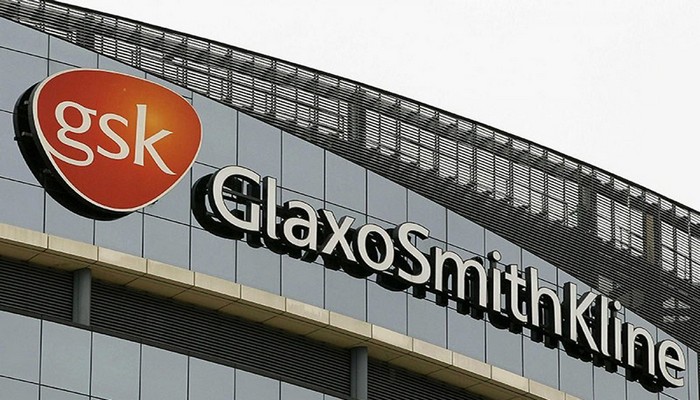Nigerian shareholders demand fair compensation, as GSK closes operations in Nigeria

Nigerian shareholders have demanded fair compensation for their investment, as the Nigerian subsidiary of the British pharmaceutical company, GlaxoSmithKline Consumer Nigeria Plc, plans to close operations in the country.
Three days ago the company said it had concluded arrangements to shut down its operations in Nigeria.
The company said it informed GSK Consumer Nigeria of its strategic intent to cease commercializing its prescription medicines and vaccines in Nigeria through the GSK local operating companies.
The company said on Thursday in a regulatory filing that it will transition to a third-party direct distribution model for its pharmaceutical products.
GSK has a portfolio of brands, Sensodyne, Andrews, Voltaren, Panadol, Otrivin, and Horlicks.
GSK said, “The Haleon Group has also separately informed the Board of its intent to terminate its distribution agreement in the coming months and to appoint a third-party distributor in Nigeria for the supply of its consumer healthcare products.
“For the above reasons, and having, together with GSK UK, evaluated various other options, the Board of GlaxoSmithKline Consumer Nigeria Plc has concluded that there is no alternative but to cease operations.
“Today, we are briefing our employees whom we will treat fairly, respectfully, and with care, meeting all applicable legal and consultation requirements.”
However, the Chairman Emeritus of the Independent Shareholders Association of Nigeria, Sunny Nwosu, faulted the government for creating an unfavourable business climate and pushing out businesses.
He, however, demanded that Nigerian investors must be adequately compensated.
According to The Punch, Nwosu said, “That is a global decision. They have done it in South Africa, East Africa, and North Africa, but the point is Nigeria’s government is owing most of them. I have been saying this if anyone imports dollars to do business in Nigeria, that company is eligible to repatriate its profits
“All these things have been piling up for a very long time. They never bothered to say let’s do a budgetary allocation for their outstanding profits of companies participating in business in the country.
“They must pay adequate compensation to Nigerian investors, who kept the business going all these years. It is easy in and easy out. Once that is done, I believe Nigerian shareholders will be happy to say, ‘Okay they are leaving. We are receiving good compensation.’ So they will invest somewhere else.”






